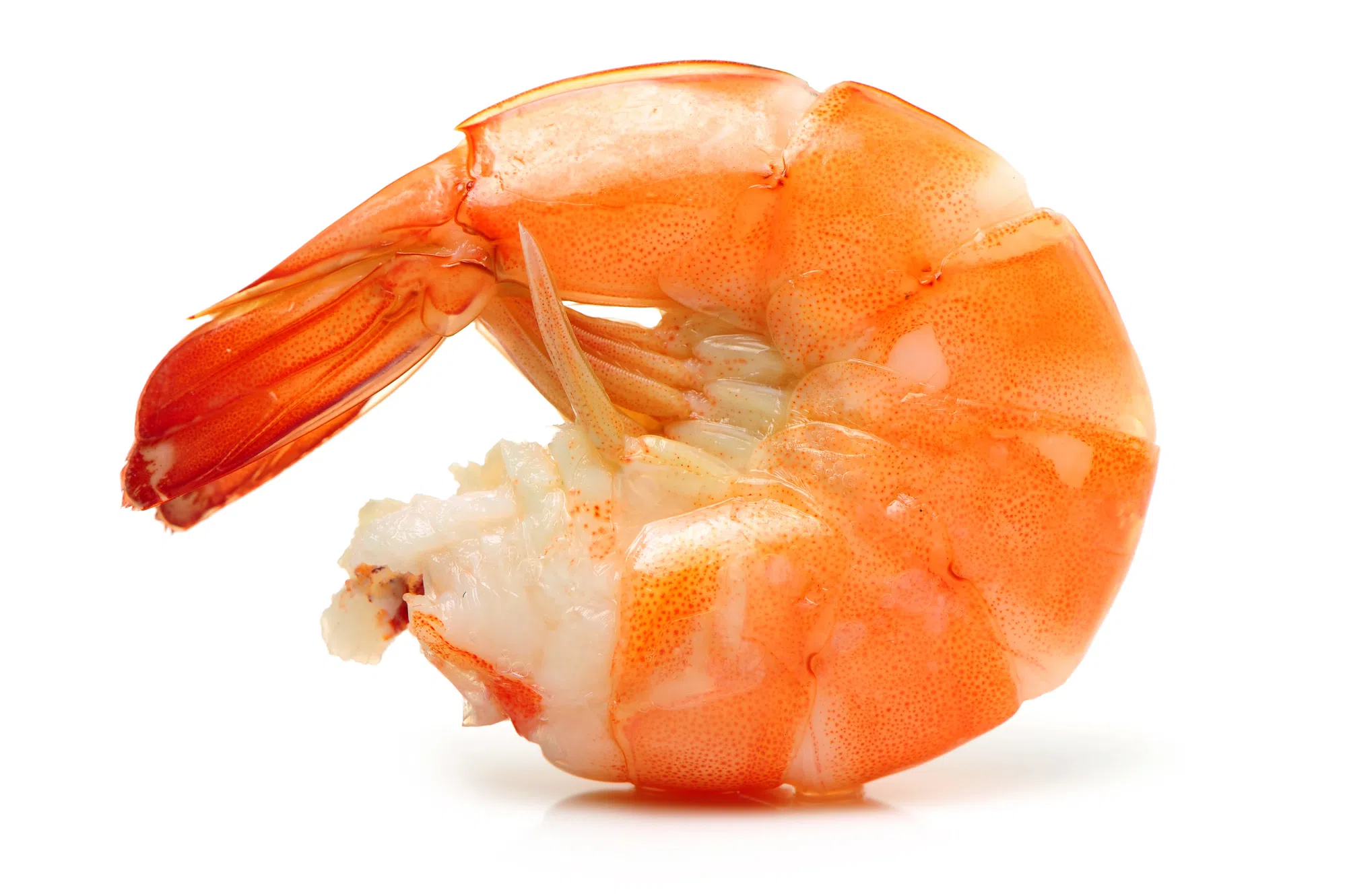
jianghongyan / Depositphotos.com
How honest are restaurants when it comes to disclosing where their shrimp comes from?
A new report from SEAD Consulting shows Louisiana is actually doing quite well — except for one city.
The firm says they found a relatively small percentage of Louisiana restaurants being dishonest about where their shrimp is coming from – claiming that it’s coming from the Gulf Coast when in fact it’s not.
“The average (inauthenticity) for Louisiana … is 33%, but the results from Shreveport have most probably made the (authenticity) average go down quite a lot,” says David Williams, SEED Consulting president. “The highest authenticity rate is 87%, and that is for New Orleans (in late January 2025).”
As for Shreveport, a survey of 24 restaurants taken from March 8th to the 10th found that 58% of restaurants it surveyed in that city — 14 out of the 24 — misled customers into thinking that they’re eating Gulf shrimp when they’re not.
Another three restaurants served imported shrimp and made that fact clear.
In past surveys, Baton Rouge was found to have a 71% authenticity rate in December 2024, and Lafayette’s authenticity rate last month was 67% — in line with the state average.
SEED Consulting conducts surveys throughout the Gulf Coast region, from Texas to Georgia, and it found that the vast majority of restaurants outside of Louisiana were claiming to serve Gulf shrimp when in fact they weren’t.
The city with the highest inauthenticity rate was St. Petersburg, Fla., where a recent survey showed that 42 out of 44 restaurants claimed to serve Gulf shrimp when they weren’t.
Besides Louisiana, Alabama is the only other Gulf Coast state with seafood labelling laws on the books, according to the Southern Shrimp Alliance.
Seafood labelling laws are being proposed in Georgia, Mississippi and Texas.
There are no seafood labelling laws at the federal level.
Williams says they perform what’s known as the Rapid ID Genetic Highly-accurate Test, or RIGHTTest, right at the dinner table.
“In this case, we’re looking for the farm-raised imported shrimp,” says Williams. “And that basically is a shrimp called metapenaeus vannamei. It is not found in the Gulf or shrimp-producing states.”
Metapenaeus vannamei is also known as Pacific white shrimp or whiteleg shrimp, and it’s native to the eastern Pacific Ocean from the Mexican state of Sonora down to Peru.
“If that shrimp is found to be present in a dish, then we know that the dish is inauthentic,” Williams says.
Williams says a big reason that restaurants, including those in Louisiana, serve imported shrimp is because it’s much less expensive than the shrimp found off the Gulf coast.
“The shrimp are less expensive than Gulf shrimp,” says Williams. “They’re easier to obtain, and they sell the product for a premium while paying a minimum for the product.”
And Williams says the ones paying the price, in more ways than one, are the diners.
“They make a substantial market by basically duping the consumer into thinking they’re buying and eating Gulf shrimp,” says Williams.







Comments